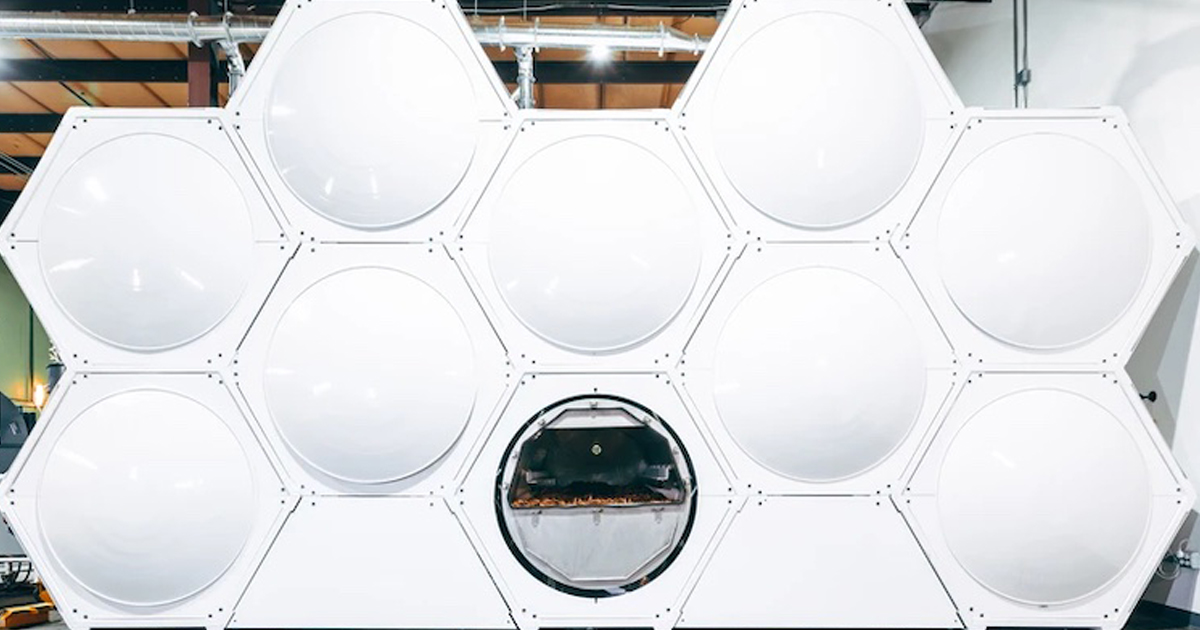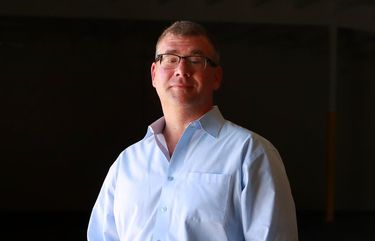Stryder50
Platinum Member
I recently came across this concept. It seems an interesting alternative to just being placed into a box buried in the ground, or burnt up~cremation.
My youngest son (37yo) had a friend of his from school days pace away recently due to cancer, and this is how his bodily remains are being handled.
Concept has merit, IMO, aside from relative costs, but also in being enviro friendly and sort of positive way to give back or "pay forward".
~~~~~~~~~~~~~~~~
Now is the time for the death care industry to prepare for these alternative methods of burial and decomposition. The soil produced through terramation is incredibly rich and almost fertilizer-like, and families who are signed up for the process plan on taking the soil home to place in a favorite garden, to use around the house or even to transport it and distribute it in a forest that has meaning. Terramation is one of many changes coming to the death care industry, and a particularly exciting one.
...
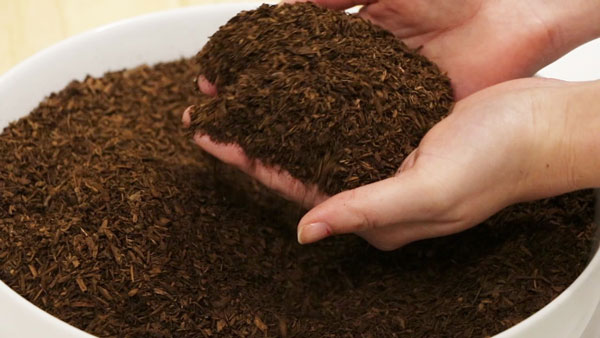
 mksh.com
mksh.com
My youngest son (37yo) had a friend of his from school days pace away recently due to cancer, and this is how his bodily remains are being handled.
Concept has merit, IMO, aside from relative costs, but also in being enviro friendly and sort of positive way to give back or "pay forward".
~~~~~~~~~~~~~~~~
What Is Terramation and How Does It Affect the Death Care Industry?
Technology and new concepts are constantly shaping the world around us, and it’s no different within the death care industry. Until now, when many of us thought about death we had two choices to decide between, burial and cremation. One of the new concepts being developed is terramation, or converting human remains into nutrient-rich soil. How could this shape the death care industry in the future?What Is Terramation?
Return Home is an innovative company that is streamlining the natural organic process, or terramation. Many adults are now interested in environmentally-friendly ways of being buried and the opportunity to utilize a method that is different from burial and cremation. For decades these have been the primary options available, and terramation brings something new to the death care industry that is attractive to adults both young and old. Instead of the term “human composting,” which the founder finds to be off-putting for many people, terramation helps emphasize our return to the earth.Where Can Terramation Be Performed?
Because this process must be legalized before the death care industry can participate, Washington is currently the only state where it is possible. As interest continues to spike with Washington residents, death care industry businesses can expect to see it spread. Currently, Return Home can transform 72 bodies per month into soil. For one body, the process takes about two months. The average 200 lb body will produce 500-600 pounds of soil that can be transferred to the family. The more adults who are interested, the more that the business will expand to meet the demand.Now is the time for the death care industry to prepare for these alternative methods of burial and decomposition. The soil produced through terramation is incredibly rich and almost fertilizer-like, and families who are signed up for the process plan on taking the soil home to place in a favorite garden, to use around the house or even to transport it and distribute it in a forest that has meaning. Terramation is one of many changes coming to the death care industry, and a particularly exciting one.
...

What Is Terramation | Death Care Accountant MD | MKS&H
What is terramation and how does it affect the death care industry? Find out how this new form of burials is transforming the industry!
 mksh.com
mksh.com

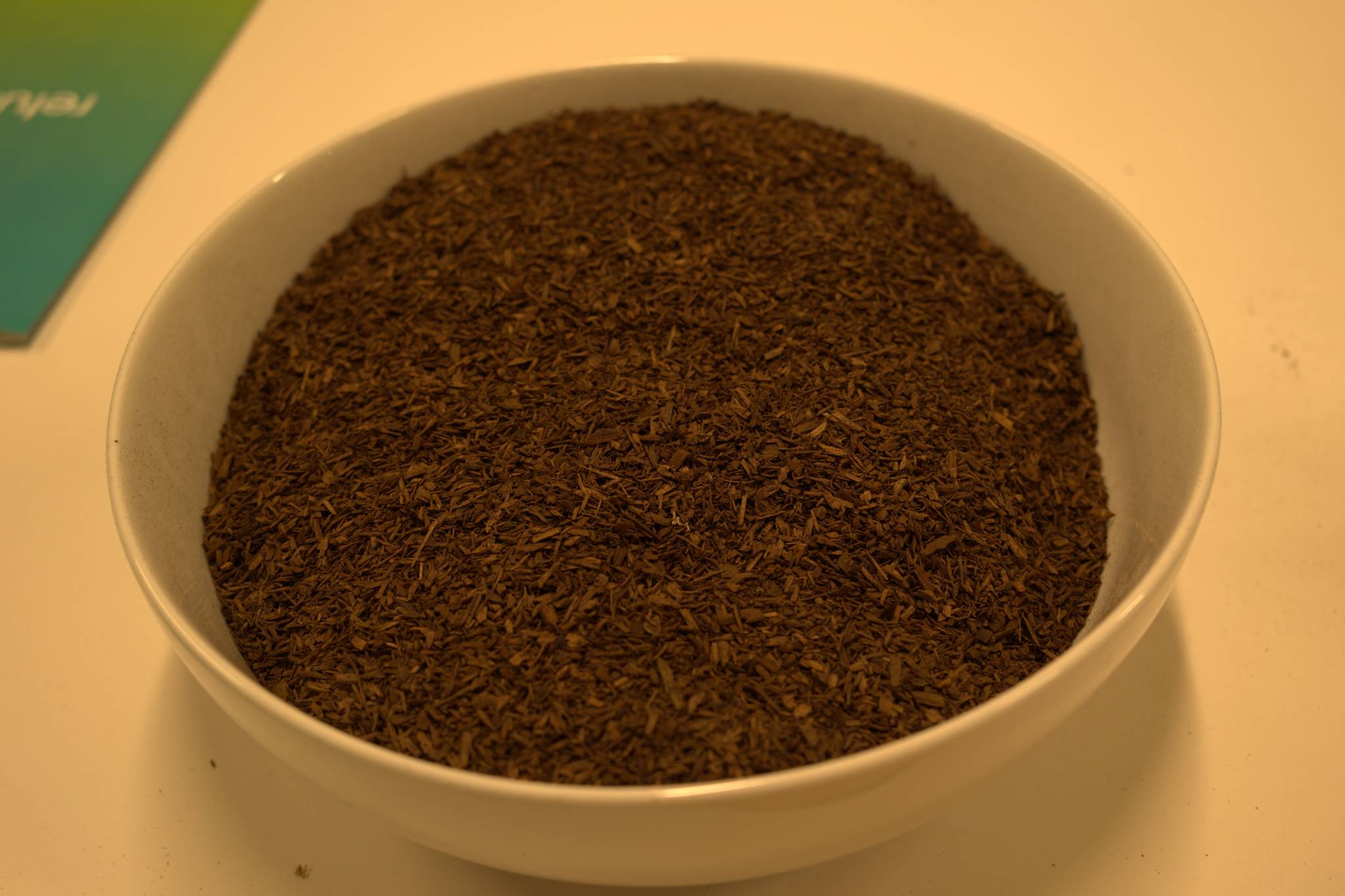

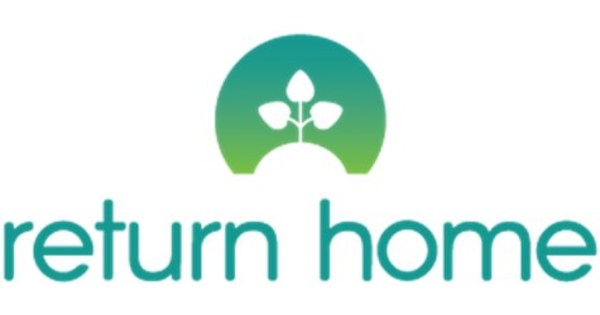

:extract_focal()/https%3A%2F%2Fpocket-syndicated-images.s3.amazonaws.com%2Farticles%2F7448%2F1641939196_ScreenShot2022-01-11at1.52.18PM.png)
